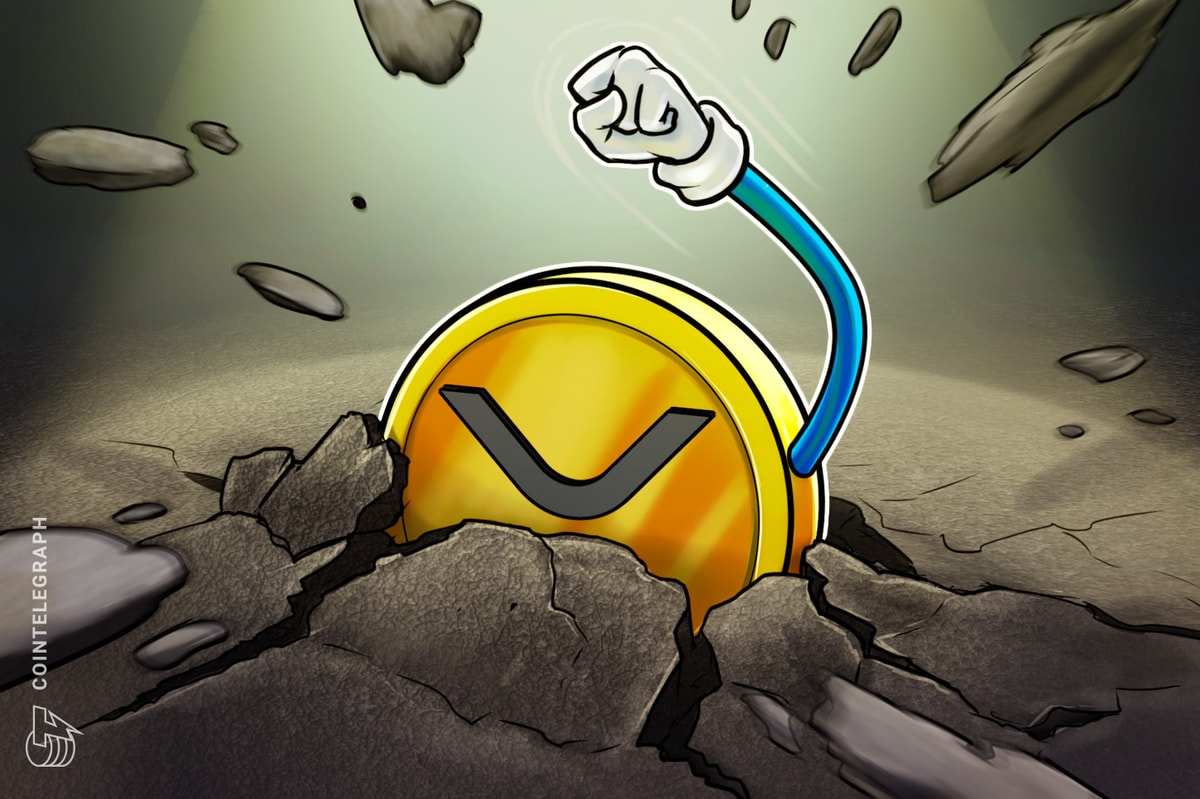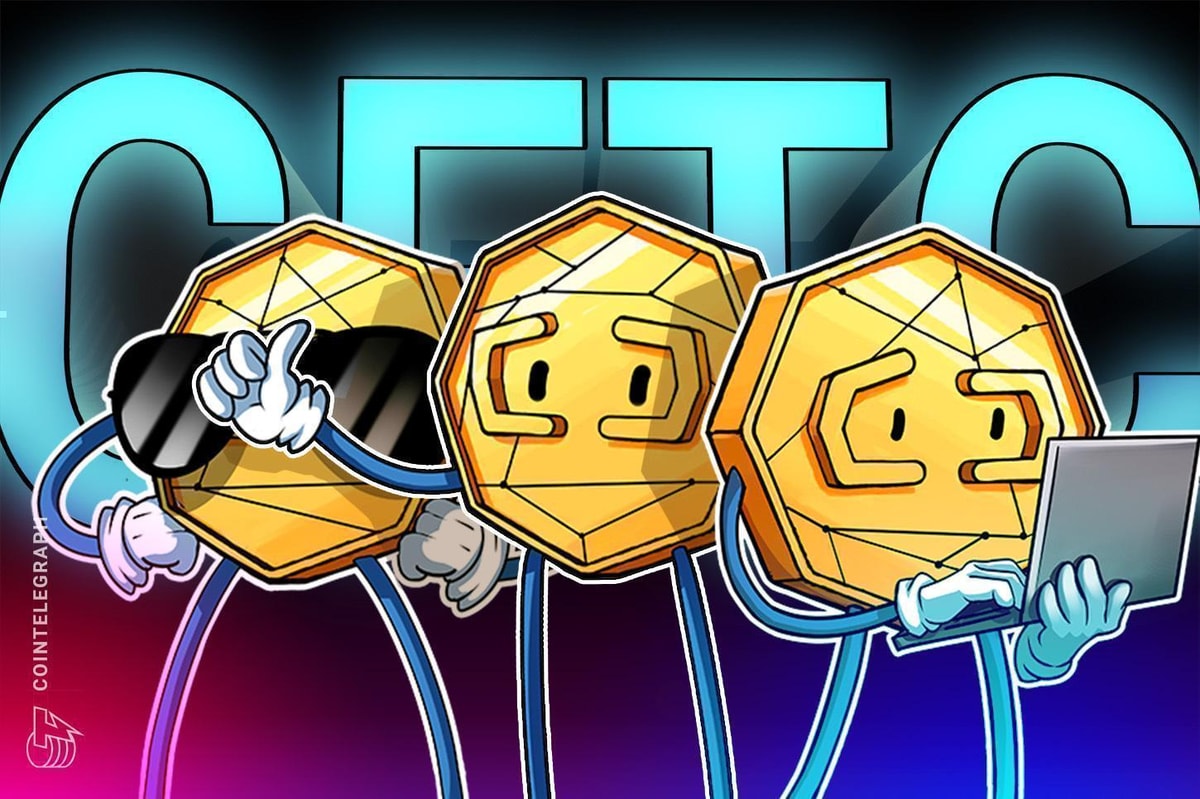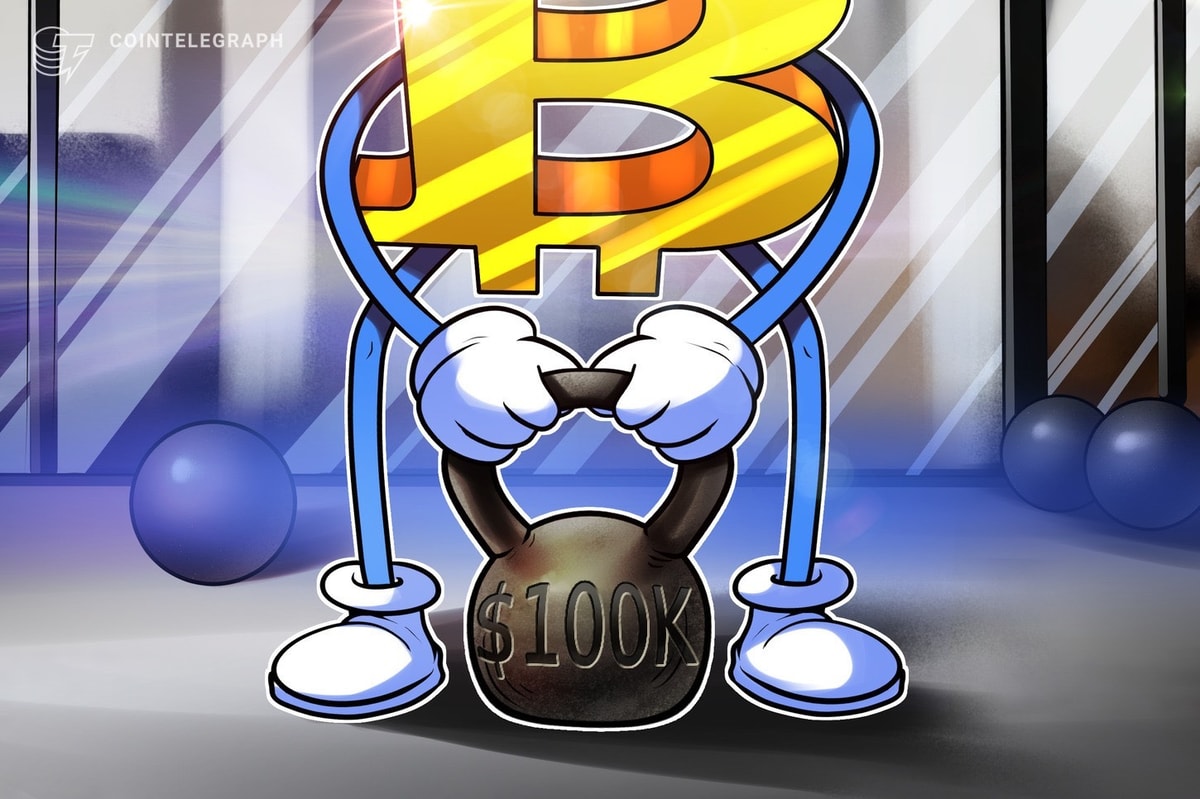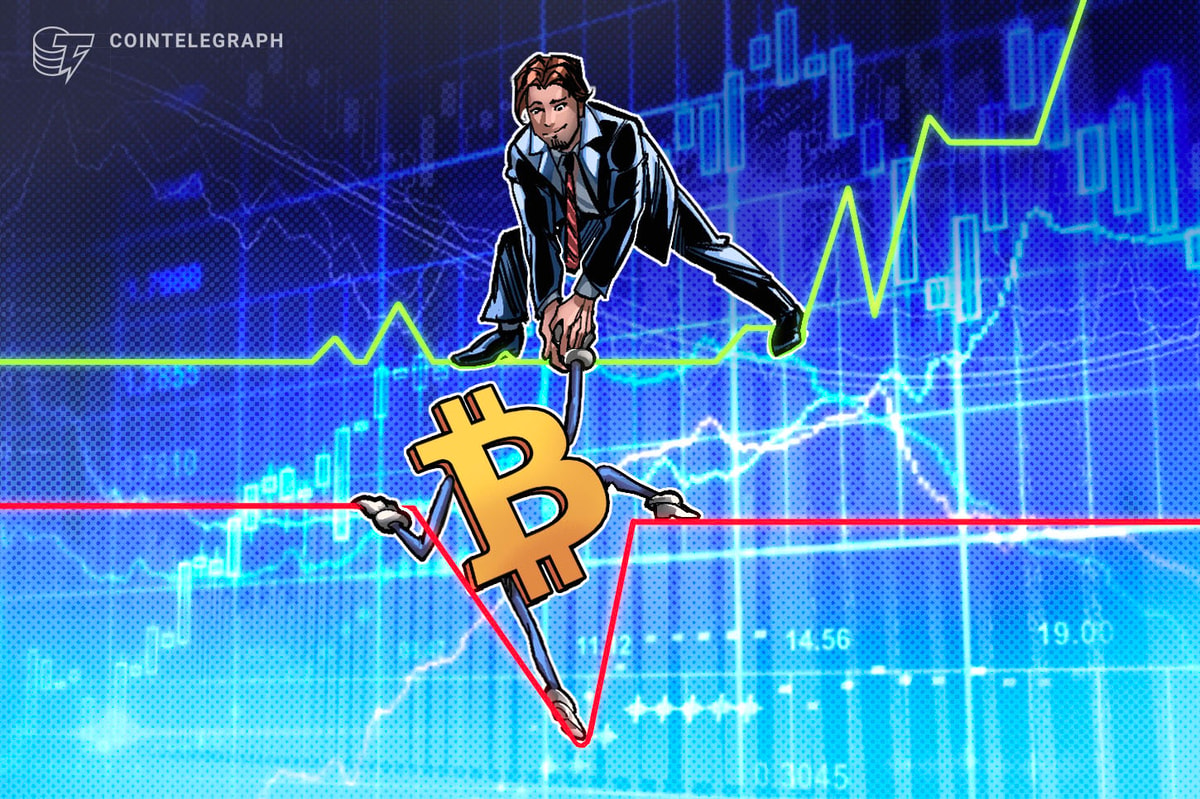LDO’s price is well-positioned to gain another 50% by June based on a classic bullish reversal setup after Lido DAO rebounds 40%.
Altcoin Watch
The price of Lido DAO (LDO) has rebounded to its three-week high of $2.21 as of May 16, up 40% when measured from its local low of $1.57, established four days ago.
This impressive double-digit recovery appeared in tandem with other top-ranking crypto assets, including Bitcoin (BTC) and Ether (ETH). However, LDO has greatly outperformed the broader crypto market (TOTAL), which is up only 4.5% since May 12.
But what are the reasons why Lido DAO is outperforming the rest of the cryptocurrency market right now? Let’s take a closer look at the three biggest factors likely driving up LDO’s price.
Ether depositors’ return after Shapella
The LDO price recovery coincides with the net positive inflows into Ethereum’s proof-of-stake (PoS) contract in recent days.
Lido DAO is primarily an Ethereum liquid staking platform. It enables users to pool their funds to become validators on Ethereum, thus bypassing the network’s requirement of depositing at least 32 ETH.
In April, Ethereum underwent a network upgrade called Shapella, which supports reward withdrawals from its staking contract. As a result, its PoS contract witnessed days when the amount of ETH withdrawals outnumbered deposits.
For instance, the net ETH staked with its PoS contract was 19.27 million ETH on April 11, a day before the Shapella upgrade. The number fell to 90,704 a week later, followed by a consistent recovery, according to data tracked by Nansen.
As of May 16, the Ethereum PoS contract had over 20 million ETH, underscoring the growing demand for liquid staking service providers like Lido DAO. The price of its governance token, LDO, likely benefited from the narrative.
For instance, Lido DAO’s nearest competitor, RocketPool (RPL), has also soared 15% to around $50 when measured from its May 12 low.
Lido v2 mainnet launch
It should be noted that Lido DAO did not support full ETH withdrawals. Instead, it issued staked Ether (stETH), theoretically pegged to ETH by 1:1, to users that could be exchanged freely for other crypto assets across exchanges.
But that was until recently.
On May 15, Lido DAO launched the mainnet version of “Lido v2,” which enables Ether stakers to burn their stETH and exit the protocol at a 1:1 ratio. Since the upgrade, LDO’s price has climbed 20%, or half of its 40% rebound thus far.
Related: Celsius moves $781M in stETH just as Lido withdrawals open
Lido DAO whales have also supported LDO’s upside move in the days leading up to the Lido v2 launch. And, according to data resource Lookonchain, this may suggest that the “buy the rumor” scenario may have contributed to the LDO price rally.
Due to the launch of Lido V2, we noticed 3 whales accumulating $LDO in the past week.
– 0x9EA7 withdrew 724,822 $LDO($1.52M) from #Binance at $2.01.
– 0x4E4e withdrew 655,641 $LDO($1.38M) from #Binance at $1.83.
– 0x9eda bought 570,883 $LDO with 974K $USDC at $1.71 on May 12. pic.twitter.com/S0cNUxpLw0
— Lookonchain (@lookonchain) May 16, 2023
LDO’s price rising wedge bounce
From a technical standpoint, LDO’s 40% bounce started near the lower trendline of a prevailing falling wedge setup. Traditional analysts see a falling wedge as a bullish reversal pattern.
The LDO/USD pair has recovered similarly in recent history, with each rebound taking its price to the wedge’s upper trendline. Now with the price treading around the upper trendline again, LDO could enter a breakout stage or pull back to retest the lower trendline.
LDO’s breakout scenario will have the price rally toward $3.35 by June 2023, up around 50% from current price levels. This target appears after adding the maximum wedge height to the potential breakout point near $2.70.
Conversely, the pullback scenario could bring the LDO price near $1.56 by June 2023, down 30% from current price levels. This level has served as support and resistance in the past.
This article does not contain investment advice or recommendations. Every investment and trading move involves risk, and readers should conduct their own research when making a decision.







